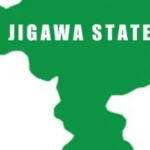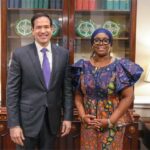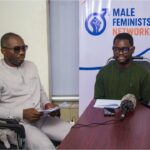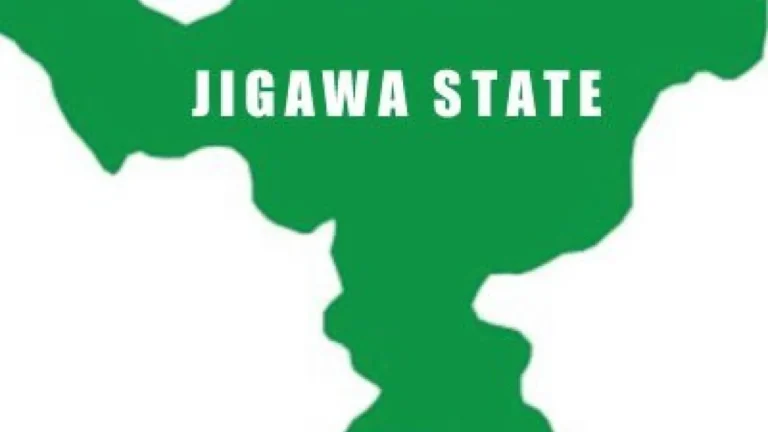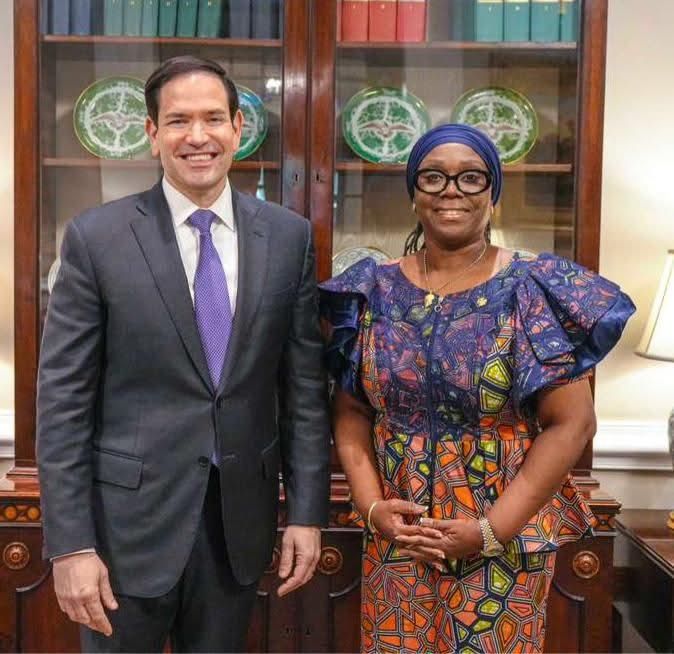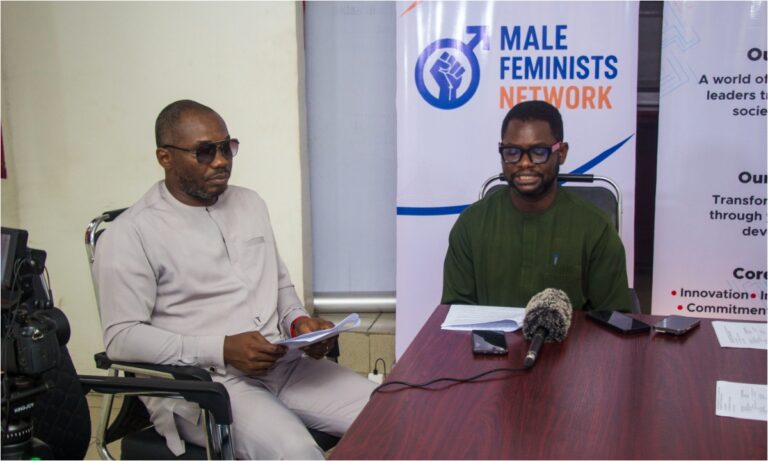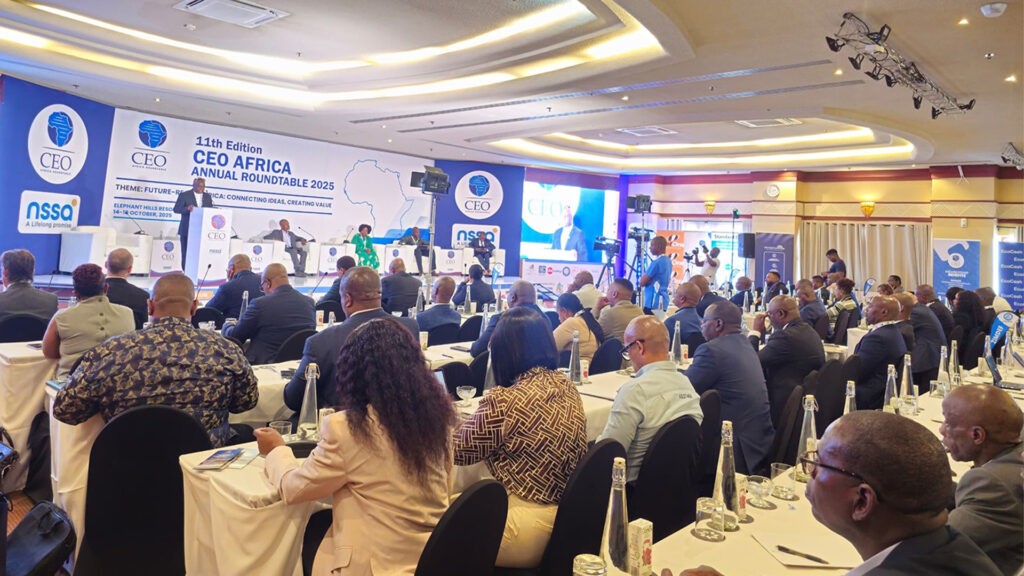
The roaring cascade of Victoria Falls, one of the natural wonders of the world, will serve as a stunning backdrop this October for an event that promises to shape the economic future of Africa. From October 14 to 18, 2025, the Elephant Hills Resort in Victoria Falls is hosting the 11th CEO Africa Annual Roundtable, a gathering of some of the continent’s most influential business leaders, investors, and policymakers. This event, now in its second decade, is fast becoming the continent’s premier forum for private sector dialogue and investment facilitation, and this year’s edition is poised to be one of the most consequential yet.
The Roundtable’s timing and venue are symbolic. Victoria Falls, straddling the border of Zimbabwe and Zambia, has long been a symbol of African natural grandeur and potential. Against this awe-inspiring setting, Africa’s private sector heavyweights convene not just to admire the scenery, but to confront head-on the challenges and opportunities that define Africa’s economic landscape. The 2025 edition carries the theme “Future-Ready Africa: Connecting Opportunities Across Borders,” underscoring the urgency of regional integration, sustainable growth, and technological innovation as drivers of the continent’s next phase of development.
What makes the 2025 CEO Africa Roundtable particularly noteworthy is its focus on fostering a new kind of public-private partnership. Speakers and participants alike have emphasized the need to rebuild trust between governments and businesses, a theme brought into sharp relief by the event’s decision to operate as a “purely private sector indaba,” with fewer government officials than in past years. This shift reflects a broader trend in African economic circles where the private sector is increasingly seen not just as a beneficiary but as a primary engine of growth and transformation.
One of the event’s highlights is its lineup of speakers and panelists, an eclectic mix of CEOs, investors, and thought leaders renowned for their work in sectors ranging from agribusiness and fintech to infrastructure and green energy. Among them is Michael Watyoka, a prominent investor who called for urgent action to convert Africa’s vast untapped potential into profitable ventures. Watyoka’s message resonated deeply as he challenged attendees to harness innovation and cross-border cooperation to unlock new billion-dollar frontiers in agriculture and technology.
The conversations are expected to revolve heavily around Africa’s digital revolution and the role of artificial intelligence in accelerating business growth. The presence of cutting-edge tech firms and innovators at the Roundtable signals a concerted effort to position Africa at the forefront of the digital economy. Discussions on improving infrastructure, enhancing connectivity, and leveraging data to drive business decisions are set to be among the most dynamic sessions of the conference.
Investment facilitation remains a core objective of the Roundtable. The event serves as a marketplace where deals are made and partnerships forged, attracting CEOs and investors from over 75 countries. The entry fees—$3,000 for members and $3,300 for non-members—reflect the event’s exclusivity and the high stakes involved. But the real currency at Victoria Falls this October will be the exchange of ideas, strategies, and commitments to long-term projects that could redefine Africa’s economic trajectory.
The economic impact of hosting the Roundtable in Zimbabwe is also significant. Beyond the immediate influx of business travelers and media attention, the event underscores Zimbabwe’s ambition to reassert itself as a hub for investment and trade in Southern Africa. Local businesses and service providers stand to benefit from the increased activity, while the government can showcase reforms aimed at improving the business climate. The Roundtable thus acts as both a catalyst and a spotlight for economic revival in the region.
Among the major announcements anticipated at the 2025 gathering is a Memorandum of Understanding between the CEO Africa Roundtable organizers and Zimbabwe’s Ministry of Industry and Commerce. This pact aims to deepen cooperation on industrial development and trade facilitation, signaling a move towards more structured public-private collaboration. Such agreements could pave the way for targeted investments in manufacturing, export promotion, and value addition—areas critical for Africa’s economic diversification.
The Roundtable also provides a platform for policy discussions that have real-world implications. Past editions have influenced regulatory reforms and investment policies across the continent. This year, the emphasis on “connecting opportunities across borders” aligns with the African Continental Free Trade Area (AfCFTA) goals, encouraging business leaders to explore how to leverage the new trade regime to enhance competitiveness and market access. This alignment with continental priorities adds weight to the Roundtable’s role as a strategic influencer in Africa’s economic governance.
Despite the buzz around investment and innovation, the Roundtable is not without its challenges. The continent’s political instability in some regions, infrastructure deficits, and regulatory hurdles continue to temper investor enthusiasm. Yet, the very gathering of so many influential figures in one place reflects a shared belief that these obstacles can be overcome through dialogue, partnership, and a commitment to inclusive growth.
As the sun sets behind the mist of Victoria Falls this October, the CEO Africa Roundtable will be more than a meeting—it will be a crucible for ideas and alliances that could shape Africa’s economic future for years to come. With its focus on private sector leadership, innovation, and regional integration, the event embodies a renewed optimism about what Africa can achieve when its business community and governments work in concert. The world will be watching, and so will Africa’s own future.
For those invested in the continent’s rise—from seasoned investors to emerging entrepreneurs—the Victoria Falls gathering is a reminder that Africa’s story is still being written. And this year, the pen is firmly in the hands of those who dare to dream bigger and act bolder than ever before.
Post Views: 203

